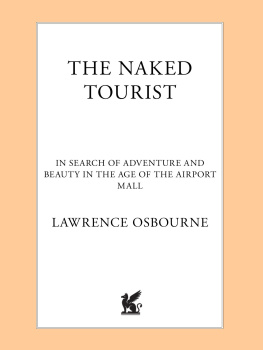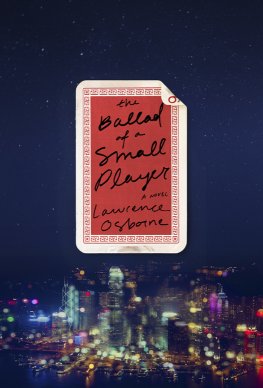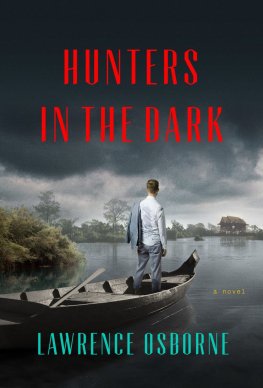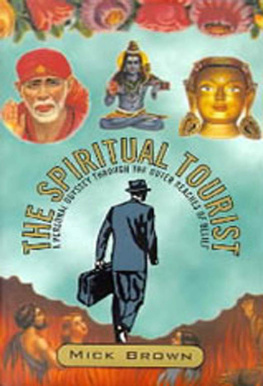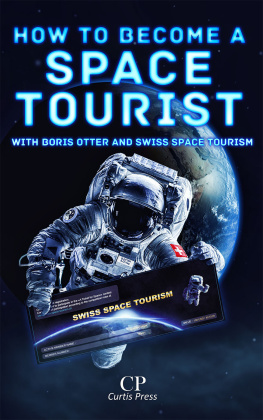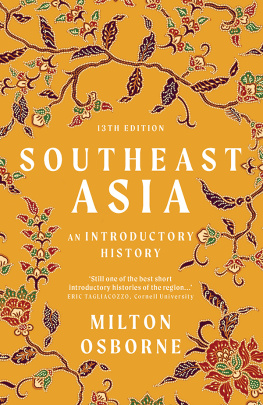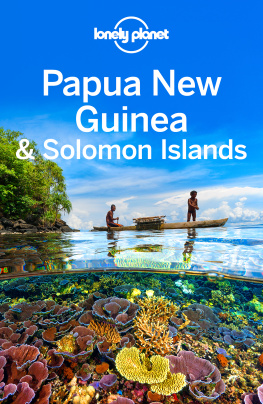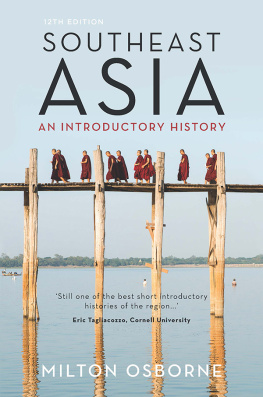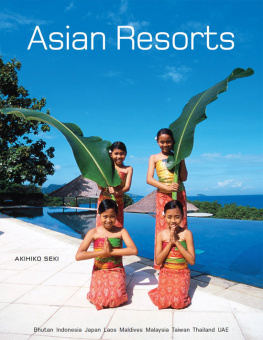I t came upon me quite suddenly, like a mental disorder unknown to psychiatry: the desire to stop everything in normal life, to uproot and leave. It could be a disease of early middle age, a premature taste of senility: the need to leave the world as it is today behind and find somewhere else. You pack your belongings with a bitter fatalism, as if you know that it is now time to get moving again, to regress to nomadism. You pack your bags, but you have nowhere to go. It is like being dressed up for a ball long after the ballroom has burned down. The desire is there, but there is no object for it.
I leafed through a hundred Web sitestour group organizations, government brochures, fact sheets, traveler accounts. But the problem of the modern traveler is that he has nowhere left to go. The entire world is a tourist installation, and the awful taste of simulacrum is continually in his mouth. I searched high and low, but nowhere satisfied the need to leave the world . I thought for a while of simply checking into a hotel in Hawaii and sitting there for two weeks in front of a television. Somewhere like the Hilton Waikoloa, perhaps, where I could laze on an artificial beach and take a monorail to the hotel nightclub. That would be more interesting than trekking with a small group through Patagonia or winging through the rain forest canopy of Costa Rica in a cable car. I could stay in New York and travel by subway to the forlorn Edgar Allan Poe house in the Bronx. No one goes there . There were exotic possibilities, but they were not very exoticand I wanted something exotic.
Think back to the mood of childhood when you get into the family car and depart for places unknownhow difficult it is to recover the inner dimension of adventure. Modern travel is like fast food: short, sharp incursions that do not weave a spell. In our age, tourism has made the planet into a uniform spectacle, and it has made us perpetual strangers wandering through an imitation of an imitation of a place we once wanted to go to. It is the law of diminishing returns.
For a long time I had wanted to take leave of Planet Tourism, to find one of those places that occasionally turn up in the middle pages of newspapers in far-flung cities, in whichwe are tolda mad loner has been discovered who has lost all contact with the modern world. It seems inevitable that this desire will one day be listed in the Diagnostic and Statistical Manual of the American Psychiatric Association as Robinson Crusoe Syndrome. But the stories are sometimes real. Recall the Japanese soldiers emerging out of Pacific jungles fifty years after their nations surrender: what stupendous islands, we would like to know, had they been lost on? Once, flying around Indonesia, a journalist from Jakarta I was traveling with pointed down to the bewildering archipelagos of paradise isles below us, somewhere near Molucca, and said that he knew for a fact of a group of Germans who had sailed to one of them in 1967 and had never been seen since. All he knew was that a small local airline dropped them beer every few months. There were so many hundreds of islands that the wandering Teutons had simply disappeared. But I wanted to know which island they were on, if they existed at all. Because its a potent idea, this promise of leaving the world, even if we know its a myth.
Tourism is the worlds largest industry, generating annual revenues of $500 billion. It defines the economies of scores of nations and cities across the globe. Between 1950 and 2002, the number of international travelers, including business travelers, rose from 25 million to 700 million a year: a sea change in the way the world conducts its affairs. The principal occupation of hundreds of millions of humans is now simply entertaining hundreds of millions of other humans. As for the rise of recreational travel, it is rising at all only because, one might presume, we are bored, because we want to have a transforming experience of some kind in a place other than home. We want a new experienceand we want an experience that is commodified, that can be bought for cold cash, but that is safe.
Tourism has also spawned many subsidiary professions. Not just agents, hoteliers, guides, and resort managers but also what are lugubriously known as travel writers. A technocratic culture loves to precede the noun writer with an adjective, thus assuring itself that the said individual is not a charlatan, that is, a loner with a voice, and that he is nothorror of horrorsjust a writer. If you publish something only once about a foreign city, you instantly become a travel writer . Thus, I have often found myself called a travel writer, whatever that is, and consequently I have been induced occasionally to make a living at it. Sadly, this has led to a long collusion with the forces of global tourism, to long spells of aimless peregrination across entire continents, to 1,034 hotel rooms in 204 nations. Passing ones time in this way is a novel form of dementia. The hotels all look the same, because they are run by the same people; the places all look the same, because they are shaped by the same economic drives. Everywhere resembles everywhere else, and that is the way it has been designed. One day the whole world could easily be a giant interconnected resort called Wherever.
The Marxist theorist Guy Debord once said, When the Spectacle is everywhere the spectator is nowhere at home. But at the same time, there comes a moment of revolution in the life of the pathetic travel writer, the man who travels to write and who writes to travel, when the world he has spent half a lifetime crisscrossing begins to taste like so much dead paper. He wants to leave and yet he cannot think how to do it. He wants to transcend being the tourist that he really is and become a true traveler again.
In a way, I reached this point quite early on because I have no home and have not had one in decades. A nomad makes for a perfect tourist, but also for a perfectly disillusioned one. The travel writer in me began to decay almost as soon as he was born, but he did confer upon me the will and the means to construct a kind of grand tour for myself as a farewell to travel writing, in which I no longer have much faith. But how does one rediscover real travel?
The word travel itself is surprisingly old. It dates back to 1375 and originally derived from the French verb travailler , to toil or labor, which in turn derived from the Latin word for a three-pronged stake used as an instrument of torture. Travel began, therefore, with the notion of doing something extremely nastyto go on a difficult journey. Its a medieval concept derived from pilgrimages. Suffering is implied, for to travel in the year 1375 was to suffer indeed. But it was seen as a transformative suffering, an escape from the boredom of daily life. Later, the notion of travel as an improving exercise emerged in the Grand Tour of the eighteenth century, as enjoyed by young British gents. The Grand Tour was entertaining, but it was not supposed to be. Nor did it entail venturing into the unknown. It was a cultural pilgrimage to the known world.
But over the next two hundred years, a curiously wild and romantic conceit took hold of the Western itinerant. Once upon a time, there used to be two kinds of places: those you hadnt been to personally, and those that nobody had been to. Accordingly, there were places like Venice and Rome, which the Grand Tour had always taken in, and then there were primitive jungles, desert islands, remote peoples, and exotic cultures that remained mysterious and inaccessible. Tourism, as it became a multinational industry in the nineteenth century, began to trade in both these kinds of places simultaneously. It did so for obvious reasons. Tourism is always looking for new frontiers and novel experienceswhich it then immediately liquidates. The colonial system of that century, made safe by British gunships, made the primitive enticingly available for the first time. It was only a matter of time before such primitives (inhabiting the most tourable Edens) were brought into the tourist fold.

